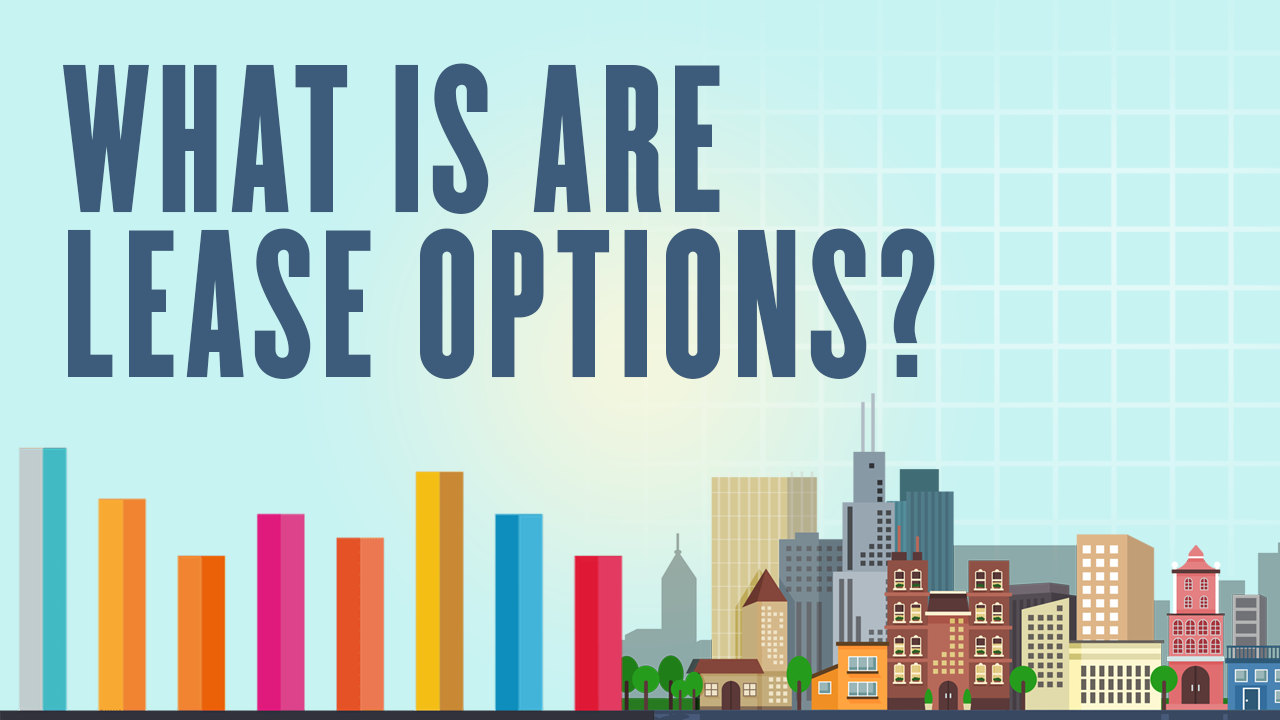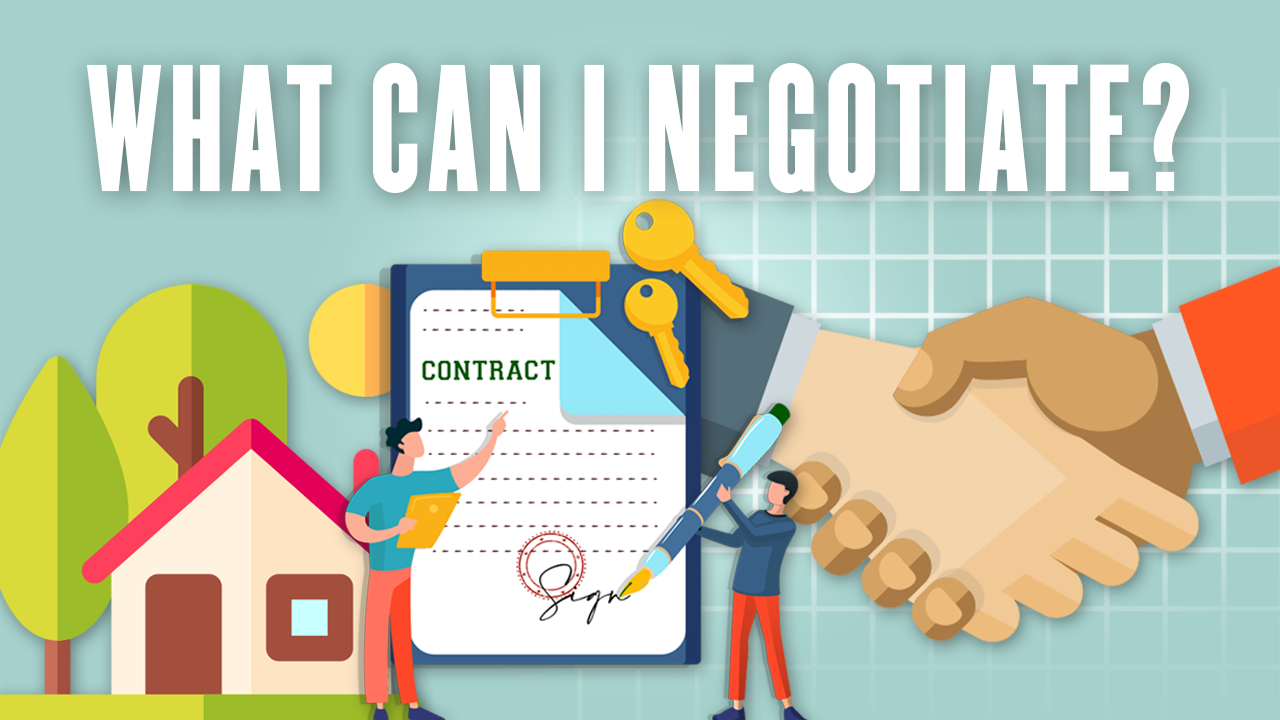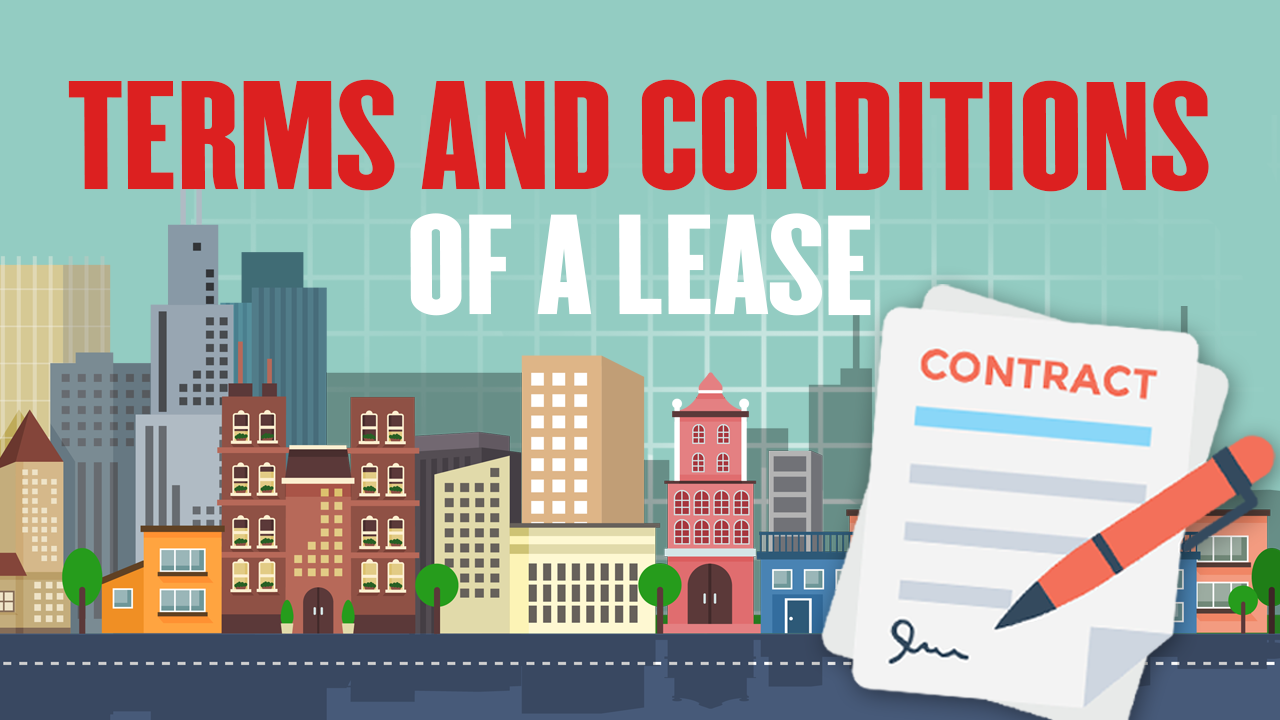Prior to finalizing a lease, there’s a chance to discuss terms with the landlord or their representative to align with your business requirements.
It’s crucial to grasp essential lease aspects before initiating negotiations. Seeking professional advice, including financial, legal, and business insights, is vital. This ensures a comprehensive understanding of your rights, responsibilities, and commitments.
But first things first..
What Are Lease Options?

A lease option, or lease with an option to buy, is a real estate contract that offers a property renter the opportunity to purchase the property after the lease period concludes. The contract entails an upfront option fee paid by the renter for the potential to buy the property, along with a monthly fee contributing to the down payment if the renter chooses to exercise the buying option.
During the lease term, the property owner is restricted from selling the property to anyone other than the tenant. If the renter decides not to buy the property at the lease’s end, they forfeit the option fee and any down payment funds already paid.
How Does Lease Options Work?
A lease option offers potential property buyers the flexibility to rent from an owner without a mandatory purchase at the lease term’s end. Unlike regular lease-purchase agreements, a lease option allows renters to opt out of buying. The property’s price is usually set upfront between renter and owner, aligning with current market value. This can benefit renters by potentially enabling a purchase below market rate. However, exercising the option may involve fees, up to 1% of the property’s sale price, charged by owners.
What can I negotiate?

In principle, all aspects are open for negotiation. Rent, lease duration, renewal options, operational costs, and related expenses can all be discussed with the landlord. Negotiating might entail exchanging proposals. Allocate ample time for negotiations, avoiding signing without seeking legal, financial, and business counsel.
Typically, the landlord’s solicitor drafts the lease with terms favoured by them. The extent of negotiability depends on various factors such as premises demand, the landlord’s financial situation, and your attractiveness as a tenant – considering your ability to fulfill obligations, attract clients, or align with the landlord’s plans for the property.
Prior to commencing negotiations, consult financial advisors to determine your affordability for leasing the premises. Assess the lease’s terms and conditions and define your acceptable terms.
Consider enlisting an experienced professional, especially if face-to-face negotiations are not your strength, to aid in lease negotiations.
Effective lease negotiation is crucial for business success. Valuable tips for negotiation include:
- Establish your financial limits before negotiation (without revealing this to the other party)
- Keep emotions separate from negotiations
- Allocate ample time to evaluate lease terms and identify acceptable terms
- Obtain legal, financial, and business counsel for lease matters
- Document all discussions and agreements – rely on written records, not trust
- Be willing to discontinue negotiations if required.
Terms and conditions of a lease

The lease’s terms and conditions play a pivotal role in ensuring your business’s success. Establishing these correctly at the outset can prevent future complications.
Typically, a lease’s terms and conditions should encompass:
- Assured tenure for the desired period
- Feasible rent throughout the lease term
- Clauses that don’t hinder business operations or impose undue financial strain
- Scope to run a lucrative business
- Safeguarding against competition, especially crucial within a shopping centre or a cluster of shops under the same landlord.
Main things to consider on a lease negotiation:
Essential elements usually found in a lease encompass:
- Lease length (term) and renewal options
- Rent and rent adjustments
- Approved use
- Tenant variety and competition
- Fittings and interior design
- Expenses
- Repairs and upkeep
- Transfer and subletting
- Defaults and violations
- Revamping and shifting
- Conclusion
MORE Lease Options blogs HERE:
Mastering Lease Options: Your Ultimate Guide
Profiting from Lease Options: A Guide
Tax Implications of Lease Options
Lease Options or Traditional Rentals: Which Offers Greater Advantage?
Lease Options for Long-term Investing
How to Use Lease Options to Invest in Real Estate
Understanding Lease Options to Buy
What Is a Buyout Option On a Lease
What Is A ‘Short Lease’ in London?
How To Find Purchase Lease Option Properties
Lease Options vs Lease Purchase
Common Myths About Lease Options
What are “Options to Purchase” Fees?
